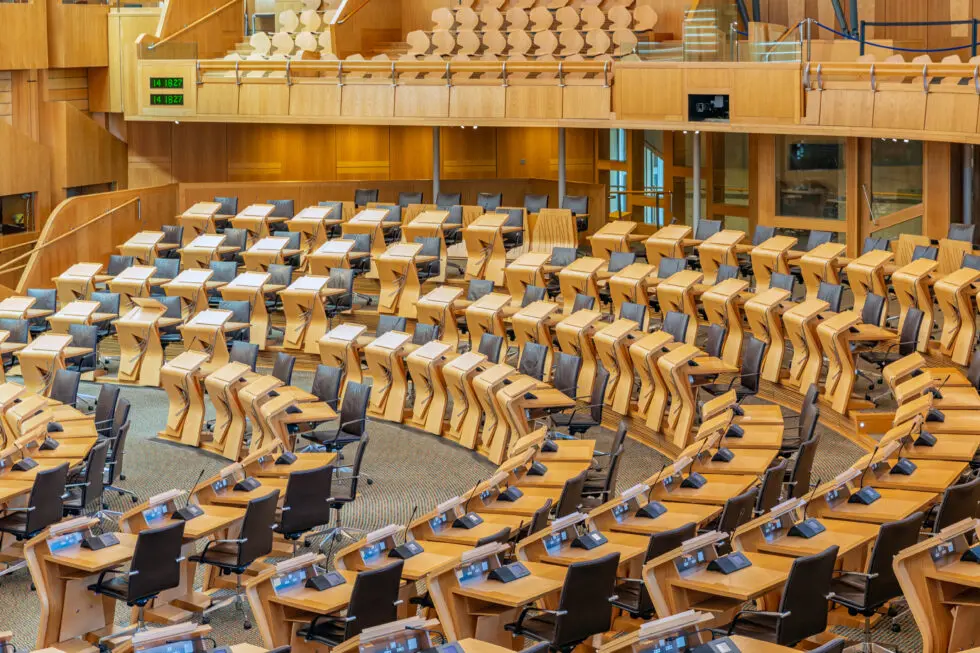The ramifications of Nicola Sturgeon’s shock resignation earlier today will be felt for a long time to come. Tellingly, she addressed her proposals to treat the next General Election as a de facto referendum on the issue, noting that her announcement would set the SNP free to pursue a different approach.
The First Minister (FM) confirmed that she will not be leaving office immediately, but would instruct the SNP’s National Secretary to begin the process of electing a new SNP leader, with a timetable expected to be agreed in the coming days.
Speaking at a hastily arranged press conference at the official Bute House residence in Edinburgh, the FM stressed that her decision was not a reaction to short-term pressures. Having said that, it’s undeniable that she has been at the receiving end of extensive, and often ferocious, criticism of late, including from members of her own party.
The passing of the Gender Recognition Reform Bill in December saw the unprecedented resignation of Ash Regan MSP as Minister for Community Safety and a rebellion by nine SNP MSPs. And just today, two long-standing SNP MSPs Fergus Ewing and Christine Graham added their names to a cross-party letter to the First Minister raising concerns about the proposed Deposit Return Scheme, scheduled to go live in August.
The FM’s comments naturally turned to independence. Polling released just two days ago revealed that were a referendum to be held tomorrow, only 44% would vote for independence. Perhaps.reflecting SNP disquiet – from colleagues in both Holyrood and Westminster – to the proposal to treat the next General Election as a de facto referendum on the issue, the First Minister noted that her resignation would set the SNP free to pursue a different approach.
On a personal note – and in comments reminiscent of Jacinda Ardern, the outgoing Prime Minister of New Zealand, on no longer having enough in the tank – the FM pointed to the relentless nature of the role and the mental and physical impact that the Covid pandemic, in particular, had taken.
Ironically, she will be remembered by many for her daily press conferences during the pandemic, when her calm and reasoned advice were viewed as a source of comfort and stability, in stark contrast to the conflicting advice coming from the UK Government.
Looking ahead, the FM noted that the Cooperation Agreement with the Scottish Greens would still stand, but this could prove a controversial point. The Scottish Greens are seen by many as the driving force behind some of the Scottish Government’s more controversial policies, gender reform to name but one, and a new FM may take a different view on the partnership. The Agreement can be brought to an early end by either the co-leaders of the Scottish Greens or by a new First Minister.
With the pro-business Finance Secretary Kate Forbes MSP (currently on maternity leave) a possible successor, today’s announcement could have a wider impact on Scottish politics, well beyond the independence debate.
As an SNP member for over 35 years, as MSP for 24 years, FM for over 8 years, and with countless electoral successes under her belt, Nicola Sturgeon’s influence on Scottish politics has been extraordinary. Irrespective of one’s own views on the SNP and their pursuit of independence, the FM has fought diligently for what she believes in.
We will be following the leadership election, including the runners and riders, and implications for the Scottish Government as further details are announced, For further analysis, please contact Eli Harji here.



